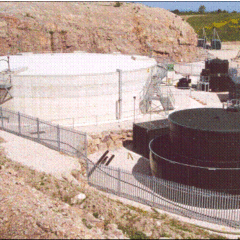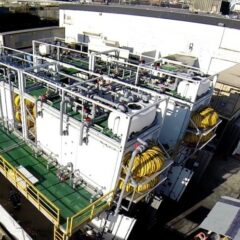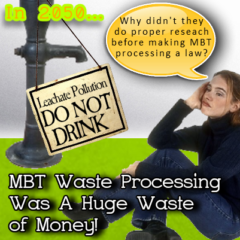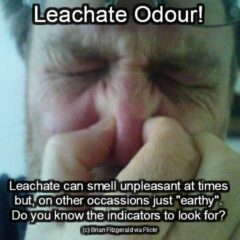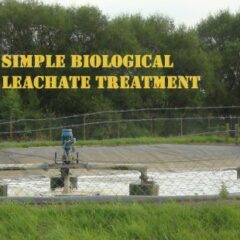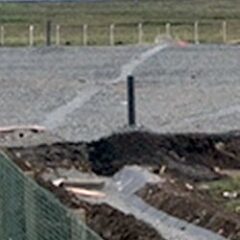contaminants
When to Install Reed Beds or Biological SBR Treatment
“Making a good choice whether to Install Reed Beds or Biological SBR Treatment Processes for Treating Landfill Leachate” The question often arises for landfill operators, of whether to use a “SBR” Leachate Treatment Process, or if the cheaper alternative of a reed bed can be used. The answer is that it depends entirely on the strength […]
How to Treat Landfill Leachate Using a Saltworks Crystallizer System
Until now, the search for the perfect Leachate Treatment System has remained a dull one for those that know leachate. Somehow, all those contaminants it contains have contrived to make the most commonly used solutions highly complex, dependent on advanced technologies, and hard to operate successfully. Read about the new technology in the SaltMaker Evaporator Crystallizer, for something completely new!
The 3 Most Important Leachate Indicator Parameters
There are three very important leachate indicator parameters which are used as indicators to identify leachate contamination in any water sample analysed in a water quality laboratory. These three parameters can give an initial guide to anyone investigating what appears to be pollution occurring in the vicinity of a landfill, as to whether the source […]
How Do You Treat Leachate?
First of all when asked the question, “How Do You Treat Leachate?”, we would like to make a distinction between true treatment which involves converting environmentally damaging substances to less, or non-toxic, ones, and simply concentrating the contaminants from the water in leachate to give a volume reduction. In the water industry both are known as […]
Anaerobic Digestion of Landfill Leachate for Energy Generation: Pipe-Dream or an Opportunity?
Anaerobic digestion is becoming increasingly popular in this age of high energy prices, and many more people are realising that whereas aerobic treatment systems consume large amounts of expensive energy, anaerobic digestion is a process which does the opposite. In fact it produces a net energy output. It is not surprising therefore, that many […]
How you can Select the Best Pipework Material for Leachate Collection Systems in Three Simple Steps
This article is to make it easy to have success in selecting the best pipework material for leachate collection systems.
Leachate Fact File 2 – Contaminants Found in Leachate: Phenols
Be one of the first to buy this fact sheet! It’s the 2nd of a planned series of Leachate Contaminant Fact Files! Our leachate fact sheets are based upon research carried out for the UK Department of Environment in the mid-1990s, updated and presented in bite-sized documents. Designed as reference sources for leachate treatment scientists, […]
Trace Contaminants Found in Leachate: Fact Files for You to Download
If you have a problem with a substance found in leachate, we are here to help you! Our fact files, which are based on publicly published UK government research, are unique. You can save huge amounts of time hunting down this information which is otherwise spread very widely in published papers in libraries and on […]
